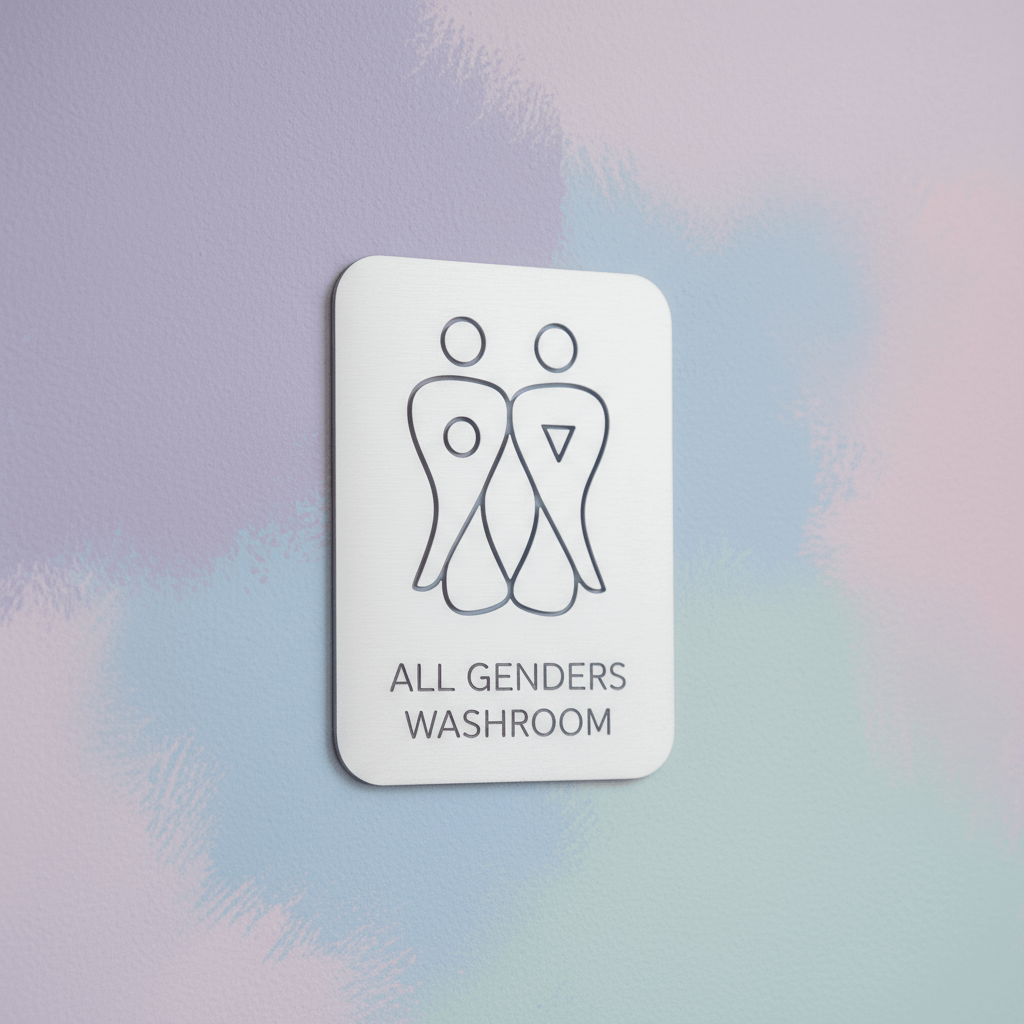Gender-neutral Spaces in Indian Universities: Progress & Challenges
Across India, universities are slowly becoming testing grounds for what inclusivity can look like in practice. For queer, trans, and nonbinary students, the question of gender-neutral spaces is not a matter of convenience it’s about safety, dignity, and belonging. From hostels to washrooms, from classrooms to student councils, these spaces shape whether a student can study without fear.
 Why Gender-neutral Spaces Matter
Why Gender-neutral Spaces Matter
For many queer and trans students, binary structures of “male” and “female” hostels, restrooms, and admission categories force a painful compromise. Without inclusive alternatives, students face:
- Safety risks: harassment, bullying, and violence in binary spaces.
- Psychological stress: constant misgendering, forced disclosure, or hiding of identity.
- Exclusion from opportunities: inability to participate in campus life comfortably.
Gender-neutral spaces affirm that students deserve recognition beyond a rigid binary. They also symbolise the university’s role as a progressive institution committed to human rights.
The Progress So Far
 Some Indian campuses have begun pioneering steps:
Some Indian campuses have begun pioneering steps:
- Gender-neutral hostels & housing: A few institutions (such as TISS Hyderabad and Ambedkar University Delhi) have experimented with mixed or gender-inclusive housing options, allowing trans and nonbinary students to live without fear.
- Washroom reforms: Universities like IIT Bombay and Delhi University have introduced gender-neutral restrooms, sometimes after strong student led campaigns.
- Policy recognition: Student unions and campus queer collectives are successfully lobbying for official recognition of queer rights and pushing administrations toward inclusivity.
- Legal influence: Court interventions like Madras High Court rulings supporting gender-neutral restrooms in public institutions have emboldened students to demand the same in their universities.
The Challenges Ahead
 Despite these shifts, progress is uneven and often symbolic. Key challenges include:
Despite these shifts, progress is uneven and often symbolic. Key challenges include:
- Resistance from administration: Many universities frame inclusivity as “controversial,” citing cultural pushback or budget limitations.
- Tokenistic reforms: Installing one gender-neutral restroom without policy backup often results in underuse or stigma.
- Safety concerns: Without proper sensitisation, queer and trans students may still face bullying or surveillance in so-called inclusive spaces.
- Limited awareness: Students from conservative backgrounds often lack exposure to queer issues, leading to peer-level discrimination.
- Legal vacuum: India still has no national policy mandating gender-neutral infrastructure in educational institutions, leaving it to student activism and institutional will.
 Student Voices
Student Voices
Queer collectives across campuses have made it clear: gender-neutral spaces are not “special privileges.” They are necessary to ensure equity. A trans student from Delhi University described finally using a gender-neutral washroom as a “moment of relief,” no longer fearing whispers or confrontation in binary spaces. Another student in Chennai shared how a lack of housing policy forced them to hide their identity in hostels, affecting both mental health and academics.
What Needs to Change
For meaningful progress, universities must:
- Draft clear antidiscrimination policies protecting LGBTQ+ students.
- Provide multiple gender-neutral restrooms and hostels, not symbolic single units.
- Integrate sensitisation programs for faculty, staff, and students.
- Create inclusive admission and documentation policies that allow self-identification.
- Collaborate with queer student groups in policymaking, rather than imposing Topdown reforms.
- Push for state and national guidelines, making gender-neutral spaces a requirement across higher education.
Looking Forward
In 2025, the momentum is undeniable gender-neutral spaces are increasingly demanded, recognised, and created. But the work ahead lies in moving from token gestures to systemic change. Indian universities, as centres of knowledge and future leadership, must embody the values of equality they claim to teach.



